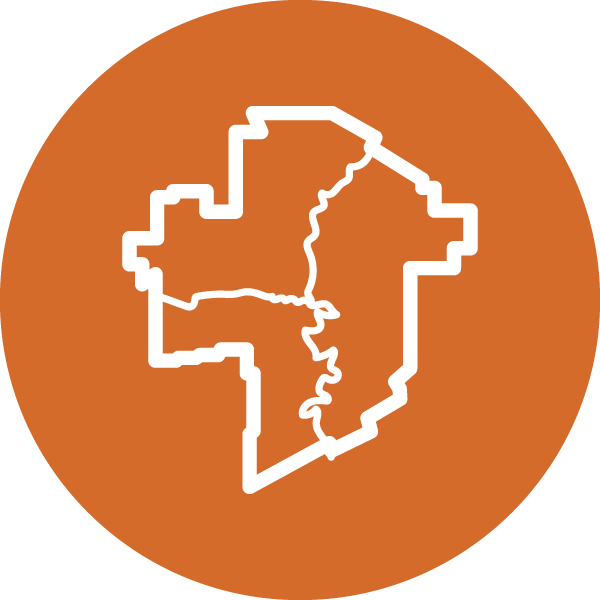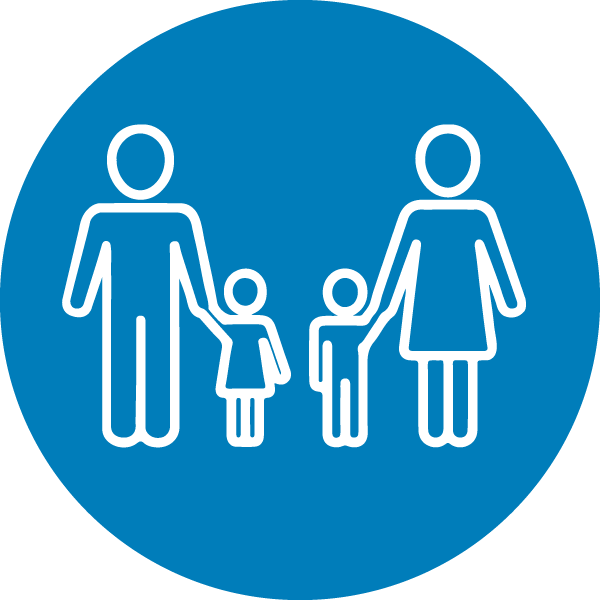Essay submitted by Samuel Unrau
Executive Director, Manitoba Wheelchair Sport Association; Grants Committee Member (2011-2016), The Winnipeg Foundation
My upbringing instilled a high degree of independence; a guiding principle that’s influenced every aspect of my life.
As a young child, I would crawl up the steps of the city bus to join my group on an outing, or push my chair an hour down the road since city buses were not accessible. As a teen, I took charge of my own medical health, taking myself to medical appointments wherever I could.
My world perspective has been shaped through these experiences, in living in a world that wasn’t necessarily meant for me at the time. However, through determination, fortitude, and a little ingenuity, I’ve learned that we can make positive change that allows our citizens who typically sat on the periphery to feel valued and included.
The lived experience for persons with disabilities has evolved significantly during the past 100 years. Where we were once confined to institutions, we are now active, contributing members of our communities. We have begun unlocking our full potential as we eliminate the barriers that have kept us away from participating in our society. My vision for the next 100 years is simple: to see any person regardless of ability being able to achieve that full potential, and that we are able to connect genuinely as humans without fear of stereotypes that see us as devalued or different.
Winnipeg has a strong history in inclusion and accessibility, especially in sport. Winnipeg is the birthplace to Canada’s only heritage Paralympic sport: wheelchair rugby. Winnipeg saw the beginnings of wheelchair sport with the creation of the first national wheelchair sport organization, and was the first host of the Parapan American Games in 1969.
Winnipeg has a rich history of individuals who set the initial blueprints to the quality of life we experience today. From those who have invented sports like wheelchair rugby in order to include more people in sport, to those who started the independent living movement, I often look up to them as motivation for continuing the need for better accessibility and inclusion in all facets of life.
In recent years, our progress has continued to accelerate. We’ve seen improvements in areas such as accessible transportation, education and post-secondary institutions, and we have witnessed provincial legislation pass, with the goal of achieving a fully accessible and inclusive society. We are seeing athletes with a disability celebrated for their athletic accomplishments, rather than being celebrated for simply participating in sport. As with all changes, these starting points serve as an initial direction for our community to pursue; these systems and changes aren’t perfect, but they act as an accelerant for positive change.
Philanthropy is a backbone for positive societal change. It has helped transform physical spaces that were exclusionary by their design, allowing for increased accessibility. It has provided community programming where we are able to share our experiences and gain a sense of belonging. It’s helped purchase equipment that would otherwise have been financially unattainable. And on the individual level, this philanthropic spirit is embodied by community members who share equipment or experiences with newer members. All together, our collective generosity profoundly shapes our lived experiences.
As I look to the future, I envision a society where we are able to fully eliminate physical and attitudinal barriers and achieve full societal and economic participation regardless of ability. I’m excited to see youth experience sport and recreation as a normal facet of their upbringing. I dream that our voices are collectively heard, and that meaningful change becomes less resistant. In these visions, philanthropy will continue to play the equalizing role it often has for marginalized groups, and continue to provide new opportunities that previously haven’t existed; it gives us an opportunity to correct injustices of our past. It will be our collective effort as citizens of our city, our province, and our country, that will advance these goals.
I am excited to be a small piece of this collective effort.
Biography
Samuel Unrau is the Executive Director of the Manitoba Wheelchair Sport Association. He earned his Bachelor of Business and Administration from the University of Winnipeg. A known advocate and long-time community volunteer, Samuel can be found in his spare time serving up his best shot against his opponents on the tennis court.



 Health, Wellness & Recreation
Health, Wellness & Recreation
